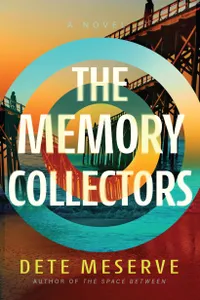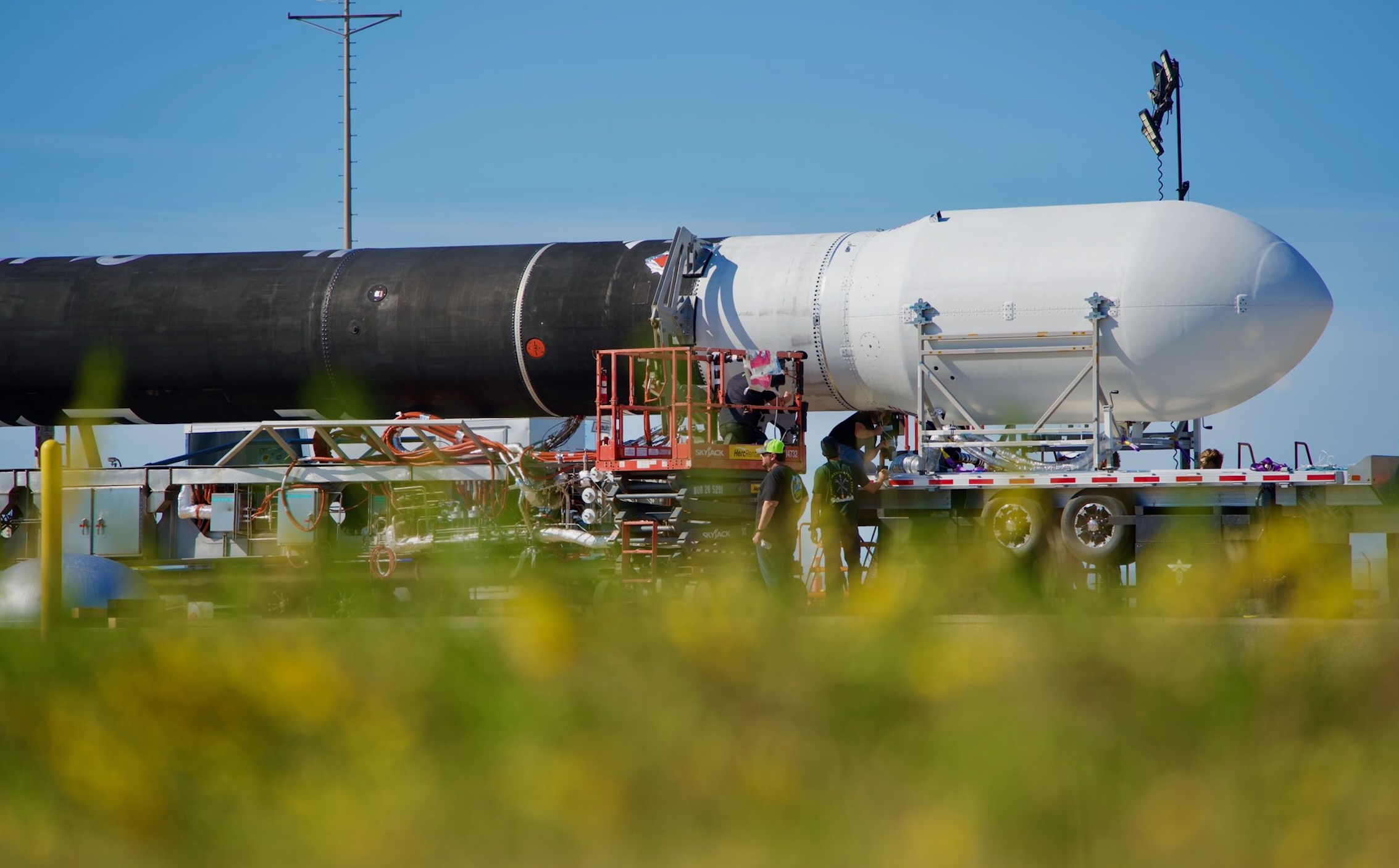Could time travel tourism be the next space tourism? (op-ed)
Can we journey through time? Sci-fi author Dete Meserve presents a compelling case for our future in the past.
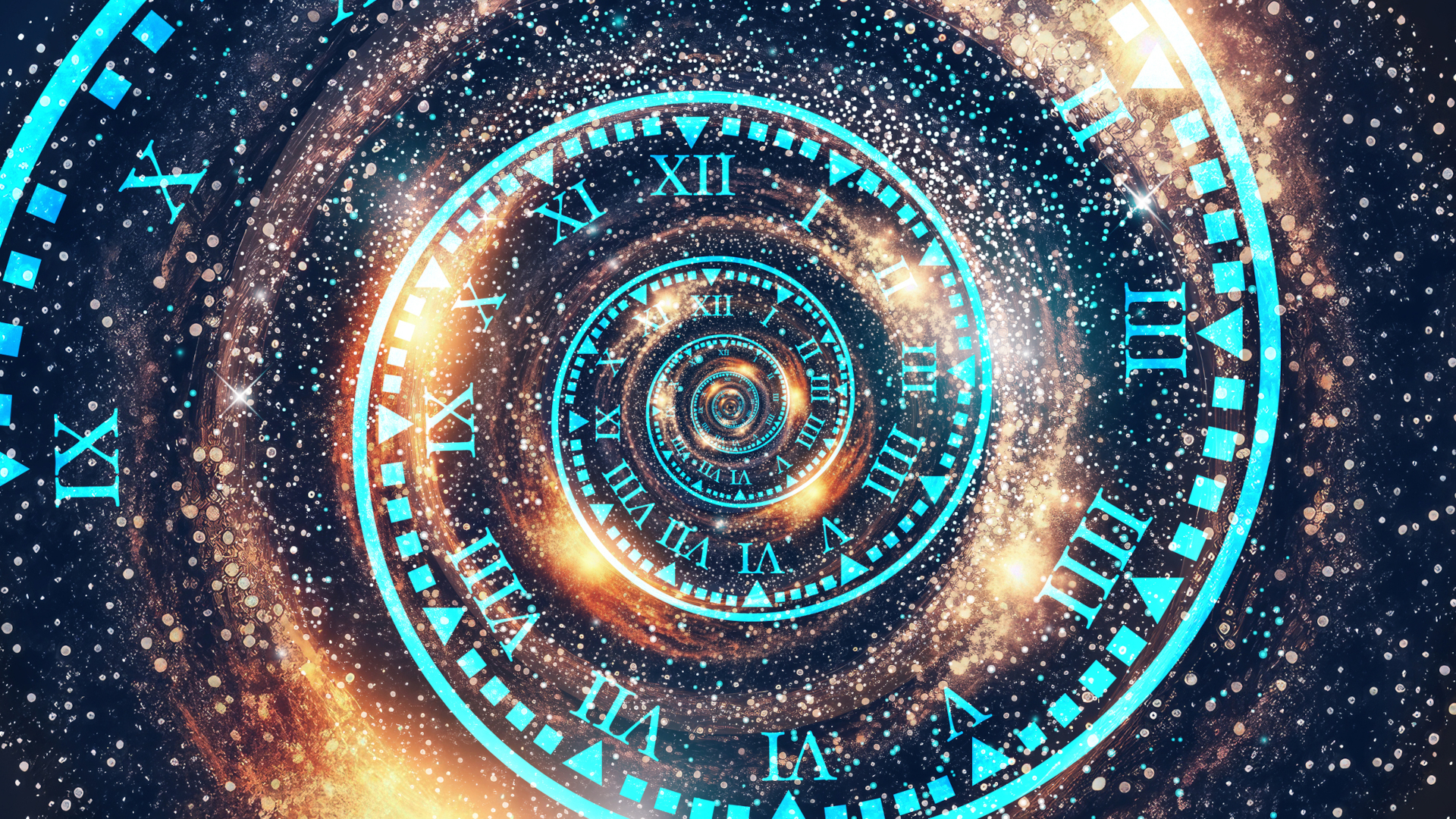
Breaking space news, the latest updates on rocket launches, skywatching events and more!
You are now subscribed
Your newsletter sign-up was successful
Want to add more newsletters?
Can we journey through time?
From H.G. Wells' "The Time Machine to The Time Traveler's Wife" by Audrey Niffenegger and "Outlander" by Diana Gabaldon, time travel has captured our imagination for centuries. The concept is ever-present in all forms of sci-fi entertainment, from time-travel movies like Back to the Future and Looper, to time-looping games like The Outer Wilds, and of course, sci-fi novels.
It speaks to our deepest regrets and desires — the chance to reconnect with someone now gone, to undo mistakes, or to relive our most precious memories. It captures our resistance against time's relentless march forward.

Dete Meserve is a best-selling novelist and award-winning producer who served as Executive Producer of the PBS KIDS astronomy series Ready Jet Go in collaboration with NASA's Jet Propulsion Laboratory. Her latest novel, The Memory Collectors, is about four people who step back into their pasts only to find themselves trapped in time.
Audiences love time travel
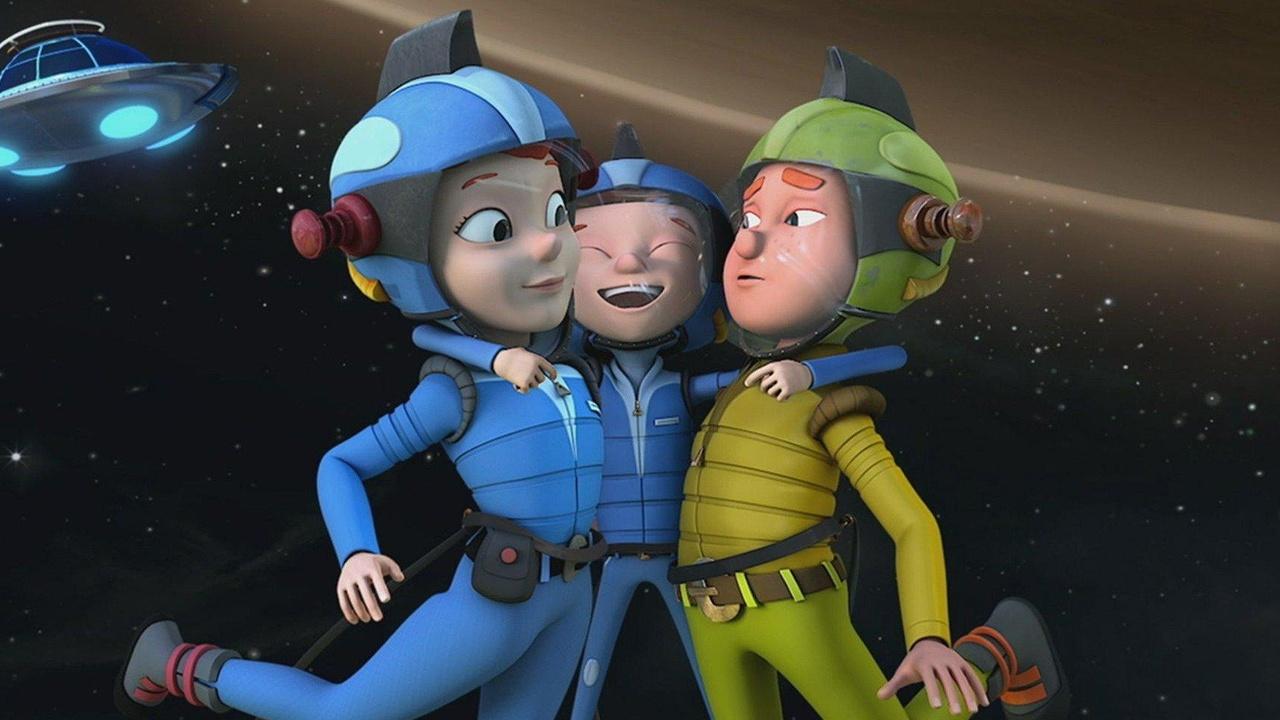
As Executive Producer of "Ready Jet Go", a STEM series on PBS KIDS produced in collaboration with NASA's Jet Propulsion Laboratory, I experienced firsthand how time travel concepts resonate with audiences of all ages. Working with outstanding experts in astronomy and physics, we explored the topic of time travel in an episode titled "Jet's Time Machine", where our hero — aptly named Jet Propulsion — builds a device to go back three minutes in time.
This episode sparked my research into time travel storytelling, where I discovered that most stories use one of three approaches:
- The Scientist's Private Machine: A brilliant inventor builds a time travel device in secret—think H.G. Wells' Victorian gentleman crafting his Time Machine, Doc Brown's plutonium-powered DeLorean, or Jet's personal time machine in our "Ready Jet Go" episode. These contraptions stay strictly off-limits to the general public, used only by the inventor or their trusted circle.
- Mystical Transport: Sometimes, characters get sent through time by magical forces. Diana Gabaldon's "Outlander" throws Claire Randall back to 18th-century Scotland after touching a magical stone circle. Sleep, ancient artifacts, or unexplained events serve as involuntary time-travel activation switches — no science required.
- Time Portals: A glitch in the universe creates doorways linking specific moments across history. Stephen King's "11/22/63" features a pantry in Al's Diner that drops anyone who walks through it at precisely 11:58 AM on September 9, 1958.
The science: Is time travel possible?
Up until recently, physicists believed that time travel to the past was impossible because it required unusual matter or extreme warping of spacetime. However, physicist John D. Norton has developed a new model based on Einstein's theory of general relativity that shows time travel is mathematically possible.
His model does not rely on strange matter or intense space-time distortion, but uses a simple space-time shape that allows paths to loop back in time. This work suggests that time travel could occur under more ordinary physical conditions than previously thought.
Breaking space news, the latest updates on rocket launches, skywatching events and more!
No paradoxes!
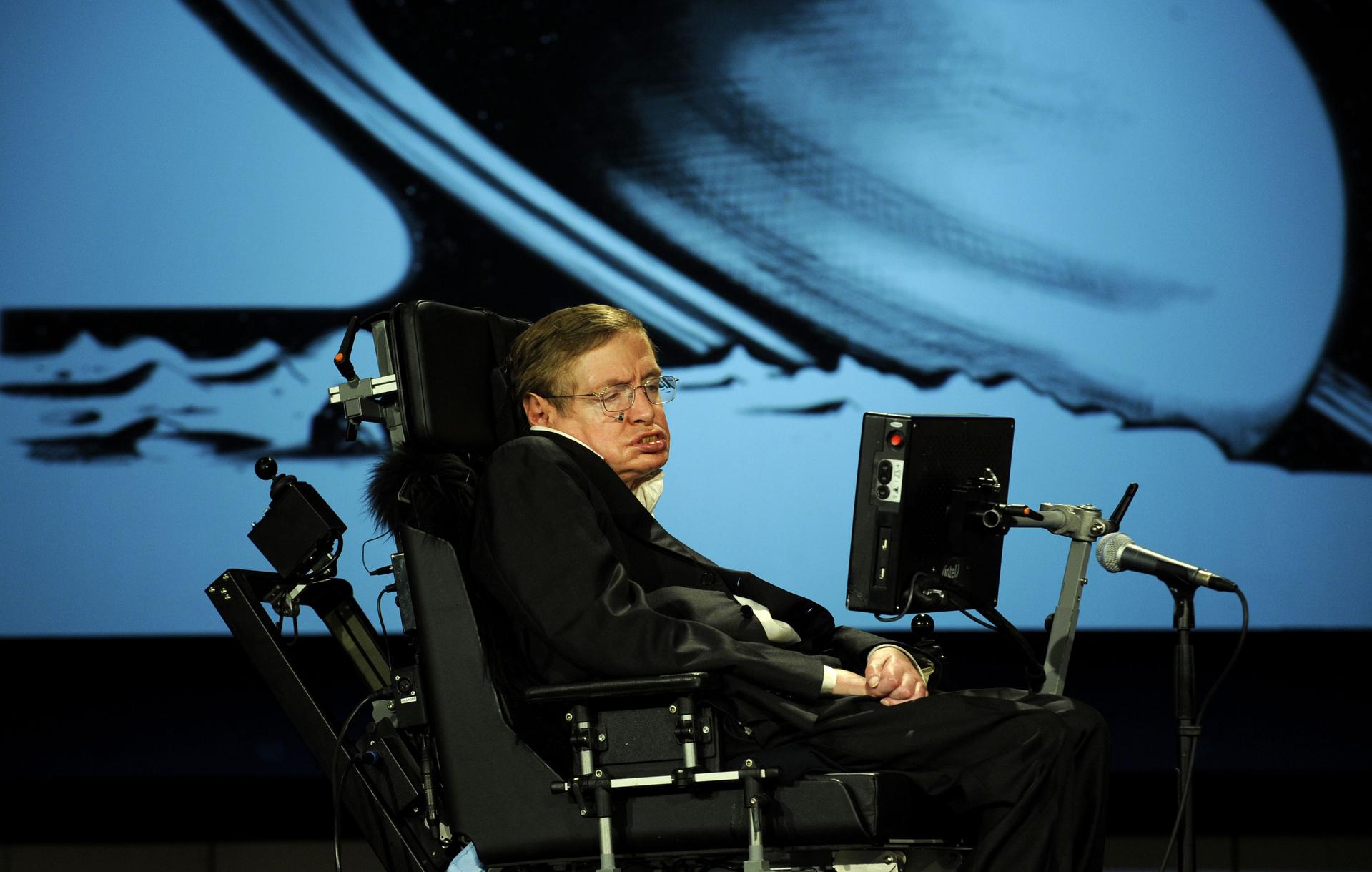
The classic understanding of time travel centers on a fundamental problem: paradoxes. If travelers could alter even minor details of the past, the cascading consequences would either rewrite the present or eliminate the traveler's own existence — the infamous grandfather paradox. This seemingly insurmountable obstacle led physicist Stephen Hawking to propose his Chronology Protection Conjecture, which essentially argues that the laws of physics themselves forbid backward time travel by preventing the formation of closed timelike curves.
However, groundbreaking research by Dr. Fabio Costa and Germain Tobar at the University of Queensland challenges this assumption. They've developed a mathematical model showing that closed timelike curves do not automatically create paradoxes. Their revolutionary model suggests that while time travelers can move and act freely in the past, the universe itself maintains consistency—events would self-adjust to prevent any logical contradictions from occurring.
From theory to technology
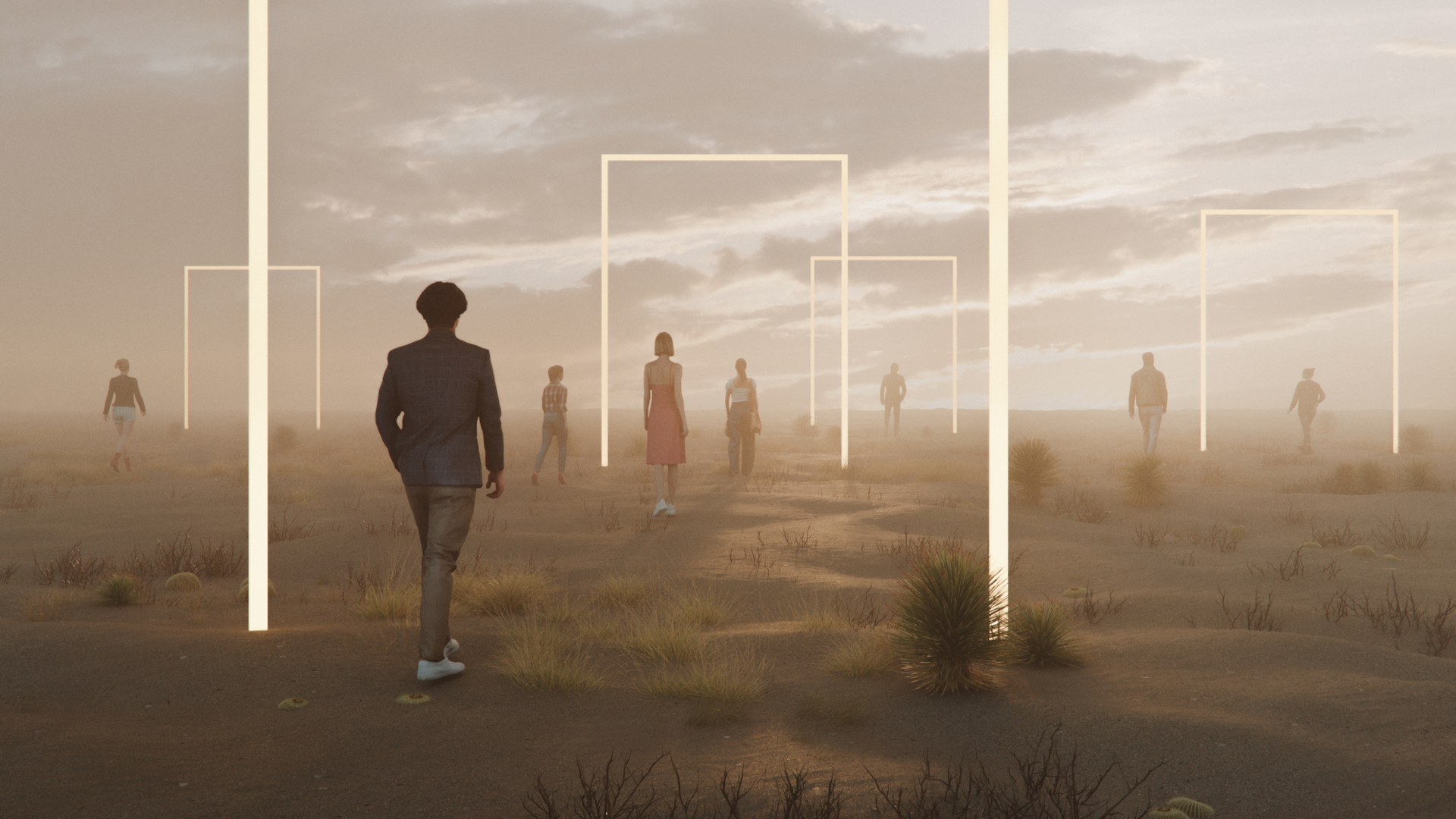
This revolutionary finding has profound implications. If Norton is right — that time travel won't require exotic materials — and Costa and Tobar are correct — that time travel doesn't alter the future — it opens the door for time travel technology to evolve beyond fictional ideas of secret inventions or unpredictable glitches in the universe. Instead, it could follow the trajectory of other breakthrough technologies—gradually becoming accessible, eventually commercial.
We've seen this trajectory before with space tourism. Companies like SpaceX, Virgin Galactic, and Blue Origin have transformed orbital travel from pure science fiction into bookable experiences. Time travel could follow a similar path.
It's not far-fetched. Consider how many "impossible" technologies now shape our daily lives. Artificial intelligence, virtual reality, self-driving cars — these were all fictional concepts that have since crossed the threshold from imagination to innovation. Each has reshaped how we live, work, and understand human potential.
If history is any guide, time travel may be next to make the leap from imagination to reality. But what would this reality look like? If Costa and Tobar's paradox-free model proves correct, it fundamentally changes our time travel narratives.
This concept inspired my new novel "The Memory Collectors", which explores what time travel tourism might look like. It features a time travel company called Aeon Expeditions, which allows travelers an hour in their pasts and uses the tagline: With Aeon, you don't change time, time changes you.
A new narrative
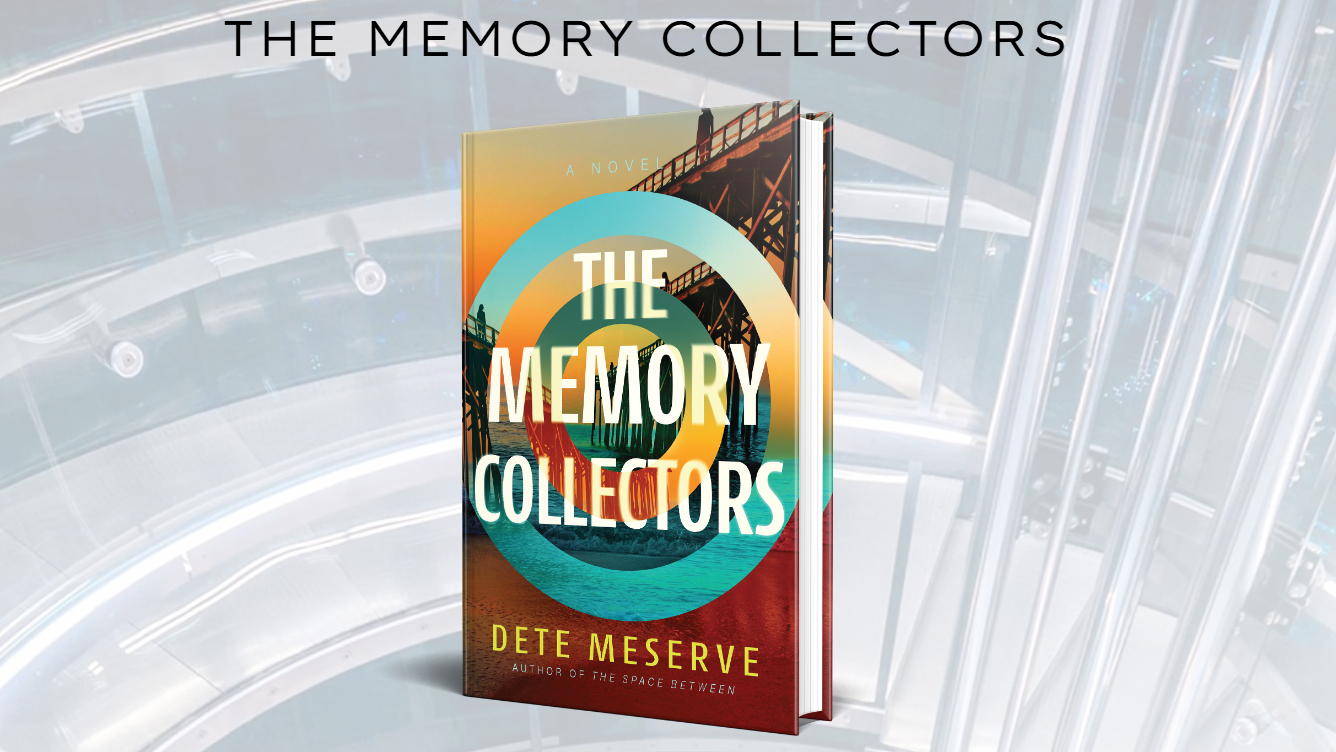
If you cannot change the future by traveling to the past, it transforms who would want to go back in time and why. Instead of hoping to change the future, people might travel back to seek answers, relive significant moments, or uncover information that could solve present-day mysteries.
This paradigm shift offers fascinating possibilities and stories. Imagine going to our pasts so we could observe events firsthand. We could catch crucial conversations we'd half-heard, spot warning signs we'd missed, and uncover answers to mysteries that have haunted us for years.
In this way, time travel transforms from a tool for changing history into explorations of memory, truth, and our need to make sense of our own lives.
Perhaps that will be the lasting appeal of time travel — not the ability to change what happened, but the chance to reconnect, relive, and rediscover, and ultimately return to the present changed by what we've learned. The Aeon Expeditions website explores the ways this approach to time travel could benefit everyone.
As physics advances, time travel edges closer to theoretical possibility. The question may not be whether we can journey through time, but when we'll begin taking reservations.
Four strangers time travel to the past and find themselves stuck on the day all their lives were changed in this stunning speculative mystery from award-winning film and television producer Dete Meserve, perfect for fans of "Before the Coffee Gets Cold", "Wrong Place Wrong Time" and "The Paradox Hotel".

Dete Meserve is a best-selling novelist and award-winning producer who served as Executive Producer of the PBS KIDS astronomy series Ready Jet Go in collaboration with NASA's Jet Propulsion Laboratory. She is currently the Executive Producer and Showrunner of the earth science series Weather Hunters — in collaboration with weatherman and host from TODAY,
Al Roker — premiering on PBS KIDS in fall 2025.
You must confirm your public display name before commenting
Please logout and then login again, you will then be prompted to enter your display name.
